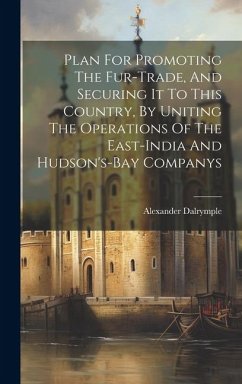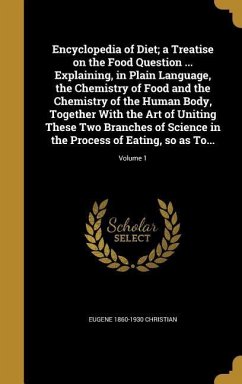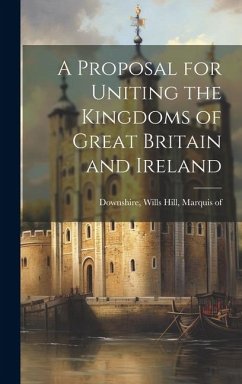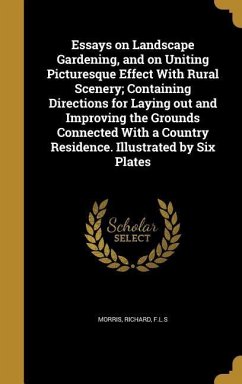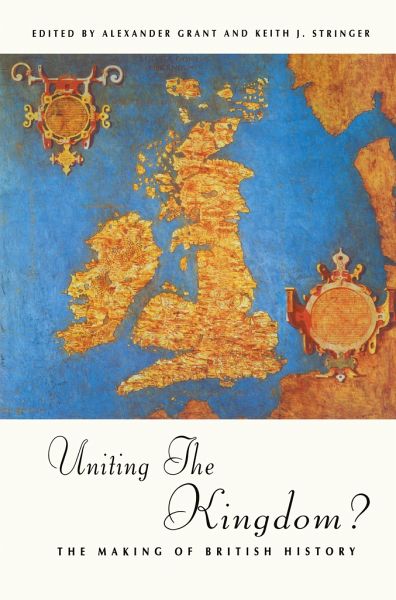
Uniting the Kingdom?
The Making of British History
Herausgeber: Grant, Alexander; Stringer, Keith
Versandkostenfrei!
Versandfertig in 1-2 Wochen
169,99 €
inkl. MwSt.

PAYBACK Punkte
85 °P sammeln!
In Uniting the Kingdom? a group of the most distinguished historians from Britain and Ireland assemble to consider the question of British identity spanning the period from the Middle Ages to the present. Traditional chronological and regional frontiers are broken down as medievalists, early modernists and modernists debate the key issues of the British state: the conflicting historiographies, the nature of political tensions and the themes of expansion and contraction. This outstanding collection of essays forms an illuminating introduction to the most up-to-date thinking about the problems o...
In Uniting the Kingdom? a group of the most distinguished historians from Britain and Ireland assemble to consider the question of British identity spanning the period from the Middle Ages to the present. Traditional chronological and regional frontiers are broken down as medievalists, early modernists and modernists debate the key issues of the British state: the conflicting historiographies, the nature of political tensions and the themes of expansion and contraction. This outstanding collection of essays forms an illuminating introduction to the most up-to-date thinking about the problems of British histories and identities.








